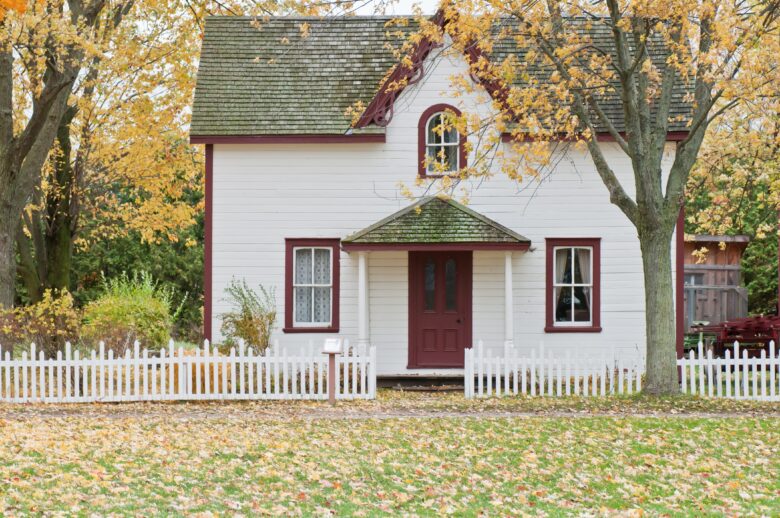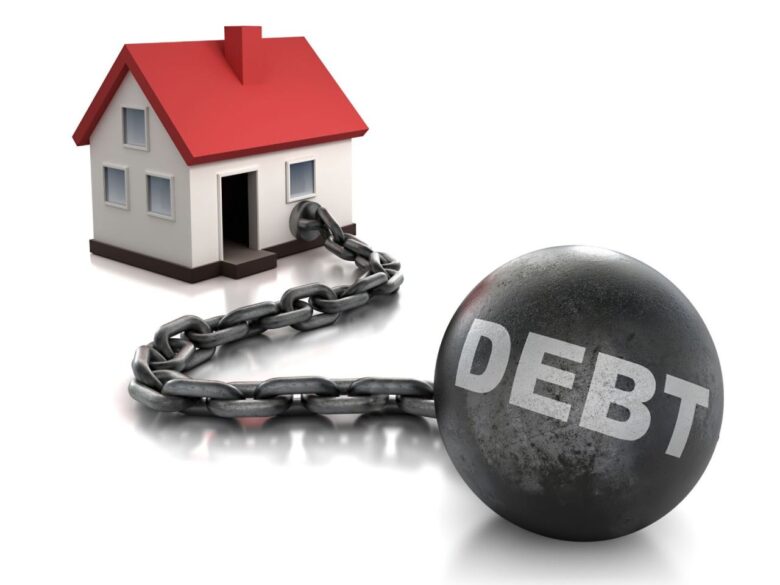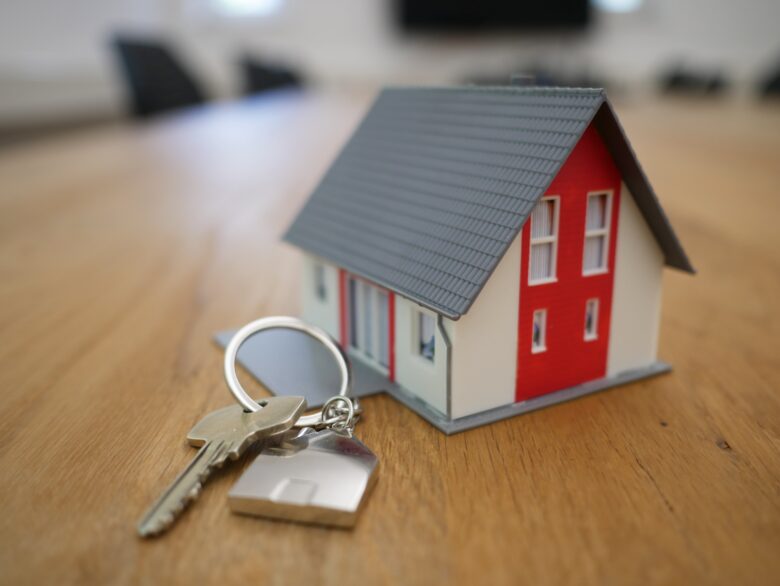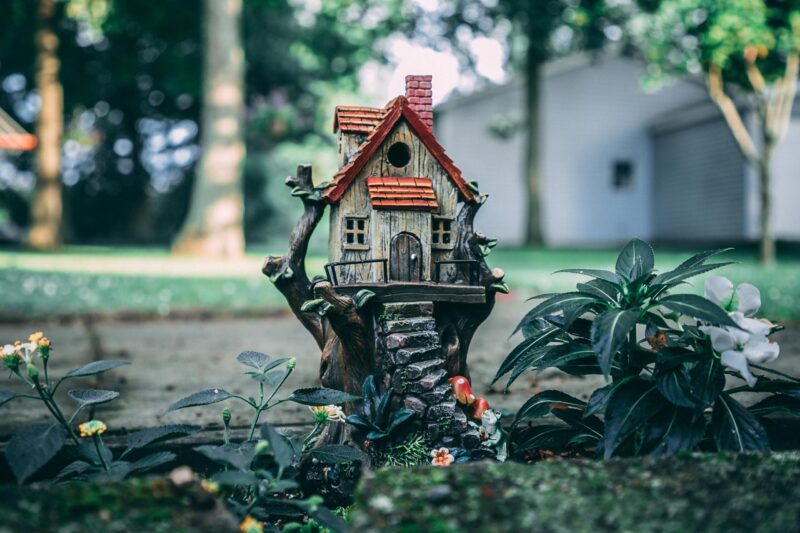Information is power. When you make a big decision in life, evaluating your choices becomes the top priority. One of the most significant milestones that you will take is buying your first home. To start, make an effort and put time into educating yourself on the processes of buying your new home or any property. The following tips can be your guide on your journey in purchasing a new home. Make your buying experience as smooth as possible to make room for unforgettable memories.
Planning to Buy a House

For starters, the following steps are necessary before you start planning on a home purchase.
1. Understand your Credit Score. One of the most significant factors that determine your loan term is your credit score. It is essential to know your credit score before applying for a loan. Financial companies evaluate the credit scores of aspiring applicants. Once the applicant fails to meet a specific score, the loan might get turned down or they get a loan with a higher interest rate. If your credit score is lower than 700, you need to take your time to raise your credit standing. Having a good credit score will help you get a loan with low-interest rates and save thousands of dollars.
2. Make sure that your lender will pre-approve your loan before committing. Loan pre-approval is one of the crucial processes of purchasing a home. Getting a pre-approved loan means that you have the possibility of getting the loan as long as your credit score or financial standing stays the same.
You can also use your pre-approval letter as an additional proof of financial stability and it can make it easier to get the home that you love. The critical process that sellers look for in aspiring house buyers is their ability to pay on time. This is the reason real estate agents also evaluate you if you are financially, mentally, and emotionally qualified. Pre-qualification and mortgage pre-approval are not the same. The lenders usually verify your credit, income, and employment records before you get pre-approval; however, pre-qualification does not require you to do these processes.
3. Make sure that all your debt is paid off and secure an emergency fund. Buying your first home is expensive, and is not like the cost of renting. In most cases, the monthly payment cost for your house is the same as your rental cost. However, you will be burdened with maintaining your home and keeping it in proper condition. House maintenance can be a financial burden. If you plan to buy your new home, being debt-free and having an emergency fund will make your home experience much easier.

4. Evaluate your Lender. One of the significant steps for you as a first-time homebuyer is to find the best deals on the market. It would be best to do this before starting the process of getting your pre-approved mortgage plan. The idea behind this is you will still have to pay your mortgage, so having the lowest rate must be your primary consideration. It would be best if you will examine the annual interest of your policy. Knowing the loan interest rates means you have the power to compare the best quotes from different lending institutions. However, some loans provide lower rates but have additional costs. It is essential that you analyze the whole package before committing.
5. Know your Budget. Determine how much of you can budget for buying a house. Set your standards and expectations. Do not be emotionally attached to any house. It would be best if you check your budget to determine the home you can afford. The importance of knowing your finances is to set aside money for maintenance costs.
6. Evaluate what you want. The first time you buy a home, you should set the stage and think about what type of home you want. Have you settled on a condominium unit? Or you prefer a house and a lot? Most buyers do not know what they want and that is why they look for other options. Evaluating what you want will help you minimize the time in looking for a house. To come up with an objective decision, consider the pros and cons of both a condominium and a house and lot. It would be best if you have your own set goals in buying your home. Consider the availability of necessities once you purchase your home.

7. Look for an Experienced Realtor. Every place that you will visit has a unique set of features. It is for the greater good that you become aware and knowledgeable enough about the community. You will need to adapt to the community after you buy your first home. Working with a real estate agent will guide you and assist you with the properties in your prospective area to address this problem.
It would be helpful if you will interview a potential real estate agent. Having someone as your aid will help you understand the processes of buying a new home. It is also important to note that preparing yourself and knowing how the market works will help you save money and not fall into malicious schemes.
8. Imagine yourself being in your home. Your home reflects your character. It is one of the passageways of your personality. The rule of thumb is evaluating every detail that has a spark of potential. Having this kind of mindset will help you look for better deals that suit you.

9. Know the actual market value of the property. Market value plays an essential role in your decision-making process. Do not engage in contracts if you did not verify every detail. With a real estate agent, you can avoid overpriced houses and other scams.
Final Thoughts
You are buying a new home for the first time in the early stage of your personal growth as an individual. To avoid costly mistakes, getting a real estate agent and advisor is a must. Another option is to search online with for-sale.com. You can ask and consult them about the possibilities of your home area. You can acquire the chance of upgrading the value of your new home. Buying your first home is your first significant investment, and you should try to get the best out of it and build happy memories.

